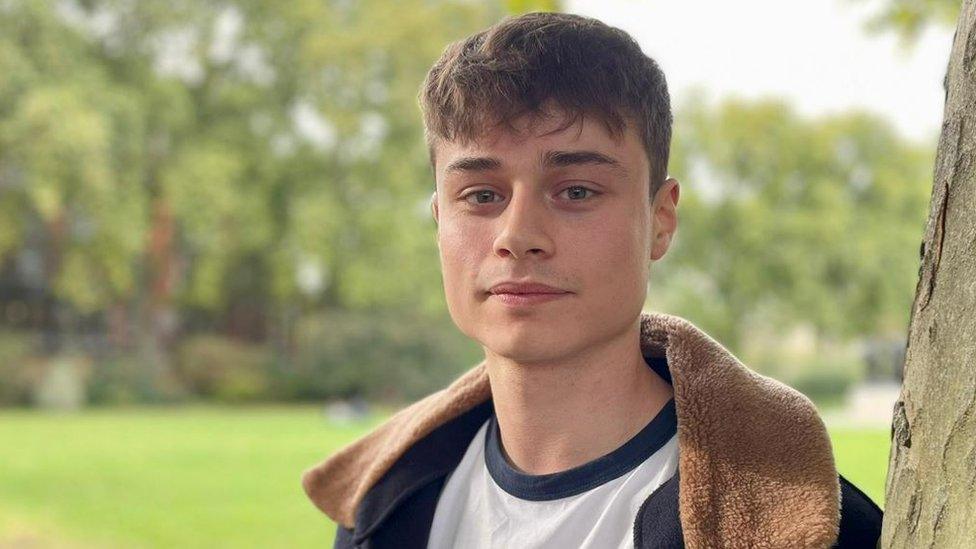Parents call for university duty of care after suicides
- Published
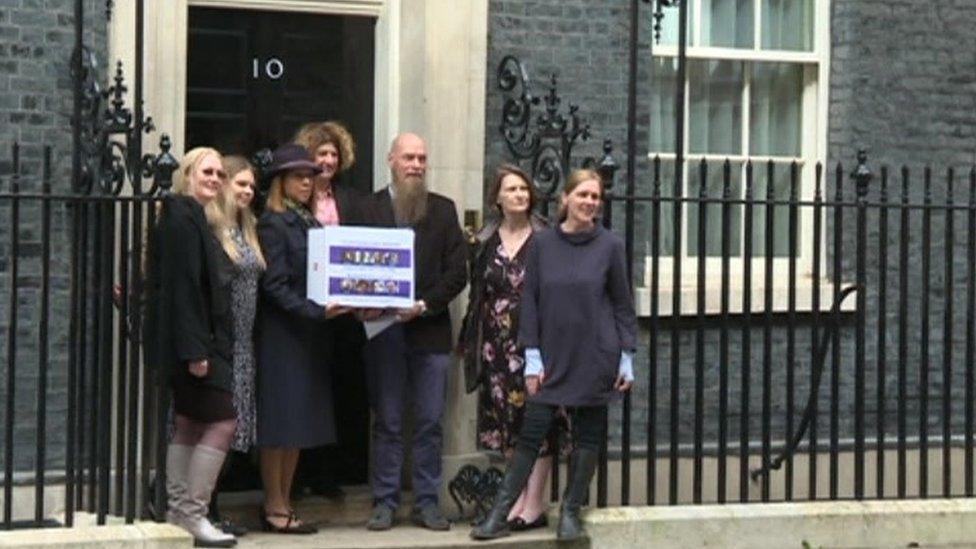
Jacquie Shanahan (second from right) was among parents who took the petition to Downing Street
The parents of a university student who took his own life are in Westminster calling for a law change to help those struggling with their mental health.
Mark and Jacquie Shanahan, from Oxford, lost their 22-year-old son Rory in 2018 while he was studying in Sheffield.
They are part of the #ForThe100 campaign, which is calling for a statutory legal duty of care for students in higher education (HE).
The government said a "good deal of support" was already widely available.
Bereaved parents were due to meet more than 35 MPs at Westminster Hall on Tuesday afternoon.
Mrs Shanahan said: "There is a lot of misleading information out there as to what duty of care really means so it's important why we as parents explain why it matters.
"It doesn't help us but we want it to help future students. We would like them to know that there is better provision for them."
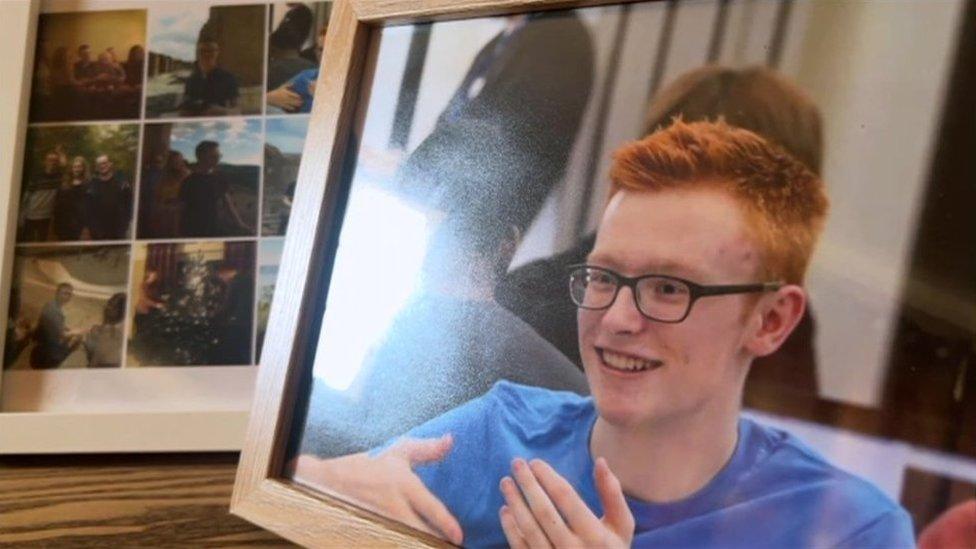
Rory Shanahan took his own life while studying for his degree
Campaigners say about 100 students take their own lives every year.
A petition to the government, signed by more than 128,000 people, says: "A duty of care already exists for staff, and for students under the age of 18 in HE. There should be parity in duty of care for all members of the HE community."
The government responded in January, saying: "Higher education providers already have a general duty of care not to cause harm to their students through their own actions.
"A good deal of support is now widely provided to students who struggle with their mental health. However, tragically suicides do still occur in higher education, and investigations into the circumstances of such deaths have sometimes shown the support offered by the university was not all it might have been.
"We have encouraged universities to learn from such cases and redouble their prevention efforts."

Follow BBC South on Facebook, external, Twitter, external, or Instagram, external. Send your story ideas to south.newsonline@bbc.co.uk, external.
- Published25 April 2023
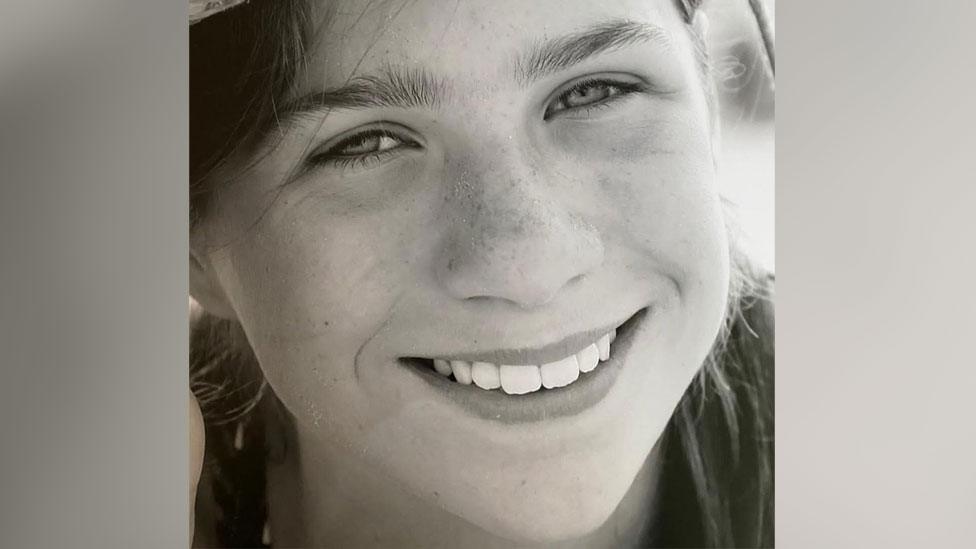
- Published7 October 2022
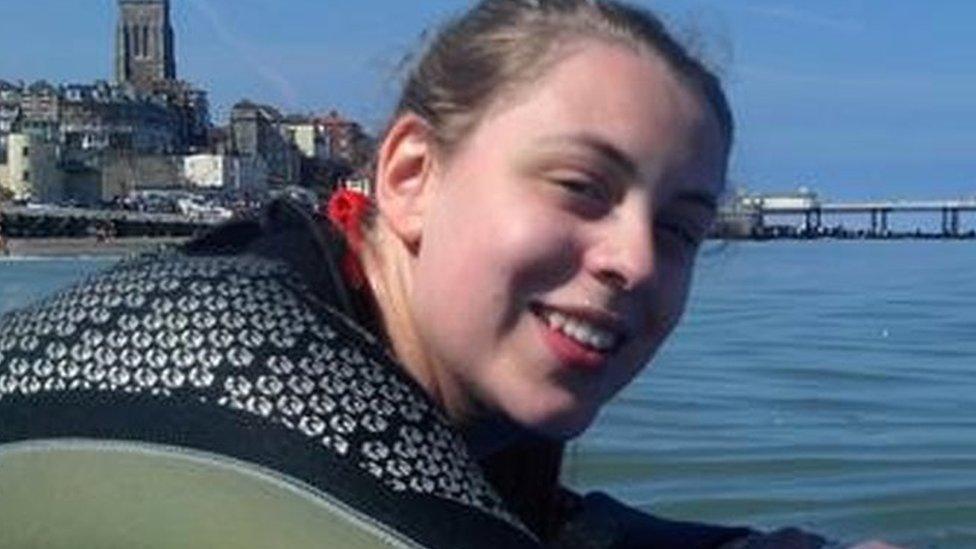
- Published6 October 2022
